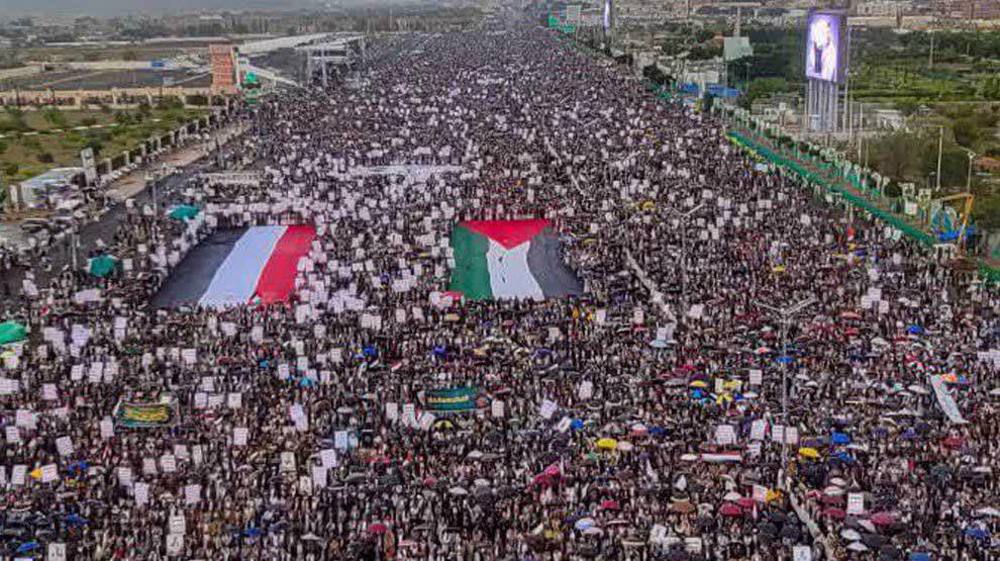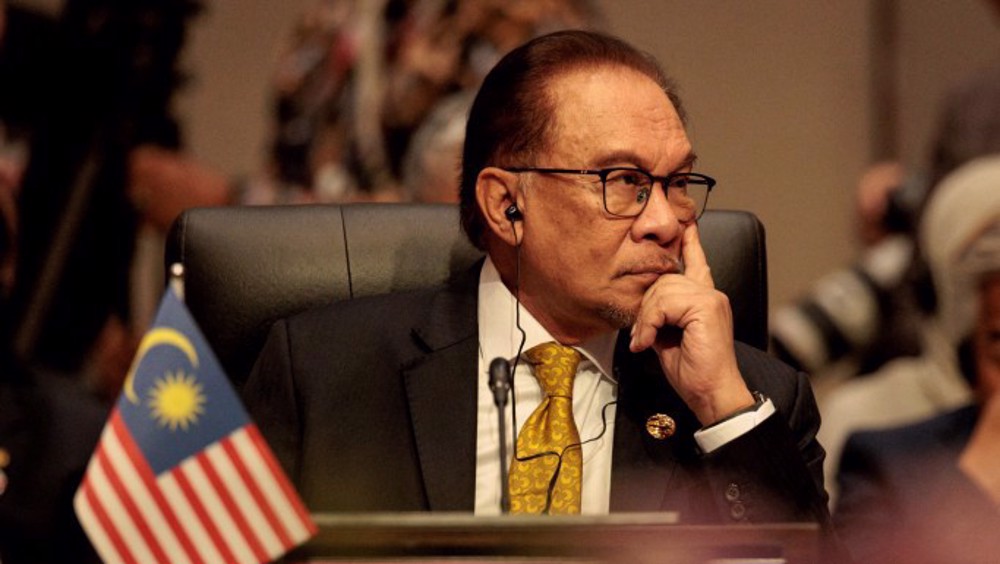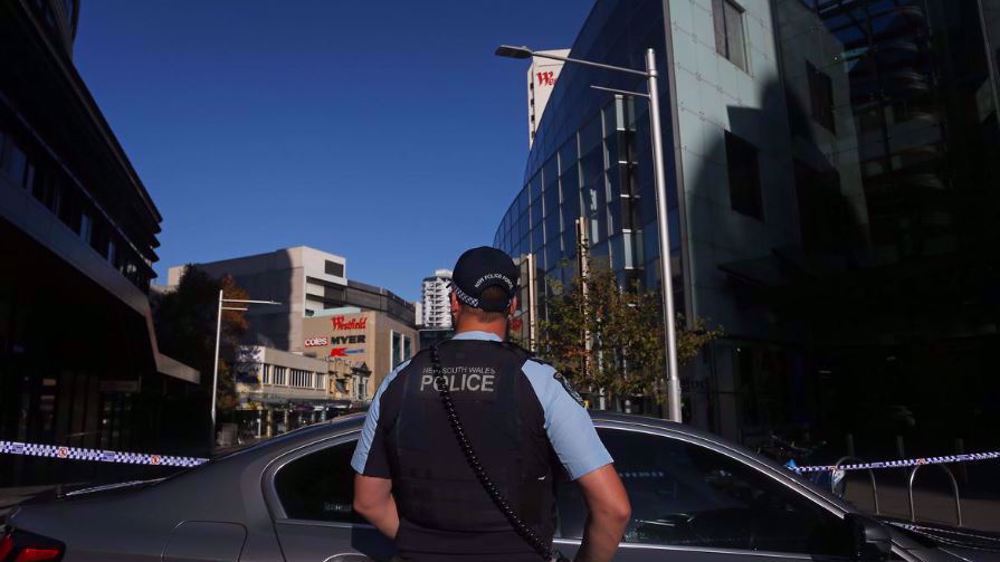Japanese mark 72nd anniversary of US bombing of Nagasaki
A memorial ceremony has been held in the Japanese city of Nagasaki, which still bears the scars of the US military’s devastating atomic bombing 72 years ago in the closing days of World War II.
A peace bell rang while thousands of people, including ageing survivors and relatives of victims, observed a minute’s silence at 11:02 a.m. local time on Wednesday (0202 GMT), the moment that a US plane dropped the “Fat Man” Plutonium bomb on Nagasaki on August 9, 1945.
In a speech, Japanese Prime Minister Shinzo Abe expressed his commitment to “realizing a world without nuclear weapons.”
Nagasaki Mayor Tomihisa Taue, however, blasted Abe’s administration for what he described as empty promises to achieve a nuclear-free world.
Japan’s absence in the diplomatic negotiations on the United Nations Treaty on the Nuclear Prohibition, which was adopted in July, was “incomprehensible to those of us living in the cities that suffered atomic bombings,” Taue said.
Nuclear states should abandon such weapons, he further noted, amid rising tensions between the US and North Korea.
“The international situation surrounding nuclear weapons is becoming increasingly tense,” Taue said. “A strong sense of anxiety is spreading across the globe that in the not too distant future these weapons could actually be used again.”

The United States twice hit Japan with nuclear weapons at the end of World War II — in the city of Hiroshima on August 6, 1945, and in Nagasaki three days later.
The bombings claimed the lives of 140,000 people in Hiroshima and 74,000 more in Nagasaki. Many died immediately while others succumbed to injuries or radiation-related illnesses weeks, months and years later.
The horrible impacts of the bombings made Japan surrender on August 15, 1945, bringing an end to the war. The blasts also ushered in the Cold War era, a period of heightened tension between the West and the former Soviet Union.
On Sunday, a similar commemoration service was held in Hiroshima, where Abe called for “a world free of nuclear weapons” and Kazumi Matsui, the city’s mayor, raised alarm about the "absolute evil" of atomic weaponry.
“As long as nuclear weapons exist and policymakers threaten their use, their horror could leap into our present at any moment,” the mayor said.
Many in Japan believe that the US nuclear attacks amount to war crimes as they targeted civilians.
In May 2016, then US President Barack Obama made a visit to Hiroshima, but offered no apology for the US bombings.
US will pull out military personnel from Niger: Report
US sanctions on Venezuelan oil ‘violation of human rights’: Iran
VIDEO | Hundreds of students take to streets in Milan in support of Palestine
UN warns hundreds of thousands of Sudanese under ‘immediate danger’
Iraqi resistance strikes ‘vital’ target in Eilat after Israel attacks PMU base
North Korea conducts cruise missile warhead test: State media
Israeli airstrike kills at least 7 people in Rafah
VIDEO | Iranians hold nationwide demos in support of IRGC












 This makes it easy to access the Press TV website
This makes it easy to access the Press TV website